Optimal Timing for Windows Installations
Understanding the optimal timing for Windows installations can improve system performance and reduce downtime. The timing depends on factors such as workload, weather conditions, and availability of technical support.
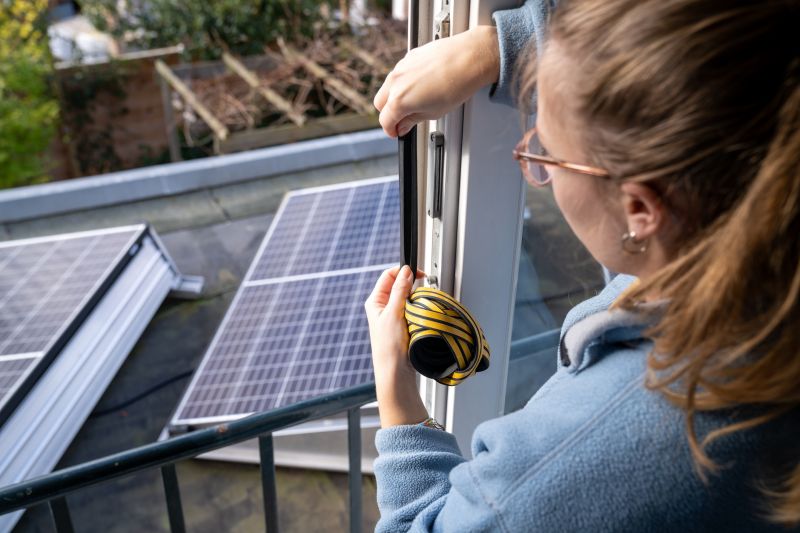
Spring offers mild weather and less business disruption, making it ideal for system upgrades.

Summer can be suitable during off-peak periods, especially when scheduled early or late in the season.

Fall provides a stable environment before winter, with fewer operational interruptions.

Ways to make Windows Installations work in tight or awkward layouts.

Popular materials for Windows Installations and why they hold up over time.

Simple add-ons that improve Windows Installations without blowing the budget.

High-end options that actually feel worth it for Windows Installations.

Finishes and colors that play nicely with Windows Installations.
Scheduling during low-traffic periods minimizes impact on daily operations and allows for better support availability.
Performing installations when hardware and software are compatible reduces troubleshooting time.
Aligning installations with update release cycles ensures access to the latest features and security patches.
Avoiding extreme weather conditions prevents delays and potential hardware issues during installation.
| Season | Advantages |
|---|---|
| Spring | Mild weather, less business disruption, good for planning. |
| Summer | Flexible scheduling, especially early or late summer. |
| Fall | Pre-winter stability, fewer operational interruptions. |
| Winter | Less activity in some sectors, but weather may cause delays. |
Windows installations are critical for maintaining security, improving performance, and enabling new features. Proper timing ensures minimal impact on daily operations and maximizes the benefits of system updates. Organizations often plan installations around business cycles and support availability to achieve optimal results.

Effective planning involves assessing workload and scheduling during low-traffic periods.

Ensuring hardware readiness reduces installation issues and downtime.

Timely installations help protect against vulnerabilities and cyber threats.

Preparing end-users for changes can facilitate smoother transitions.
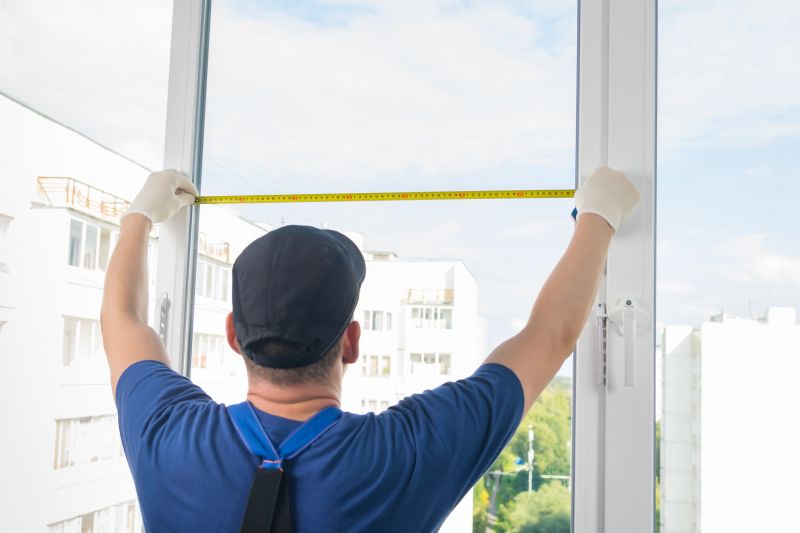
Little measurements that prevent headaches on Windows Installations day.

A 60-second routine that keeps Windows Installations looking new.

A frequent mistake in Windows Installations and how to dodge it.

Small tweaks to make Windows Installations safer and easier to use.
Availability of support after installation ensures quick resolution of potential issues.
Conducting backups before installations minimizes data loss risks.
Keeping records of updates assists in future troubleshooting.
Choosing the right time for Windows installations involves considering environmental conditions, operational schedules, and support availability. Proper planning can lead to more efficient upgrades, enhanced security, and improved system performance.

Technical support availability is crucial for troubleshooting and assistance.
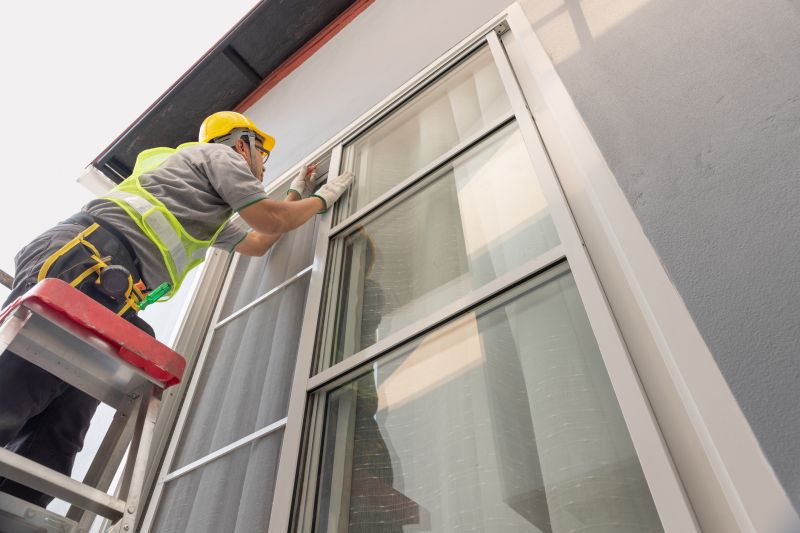
Avoiding extreme weather prevents delays and hardware issues.

Scheduling during planned downtime minimizes disruption.
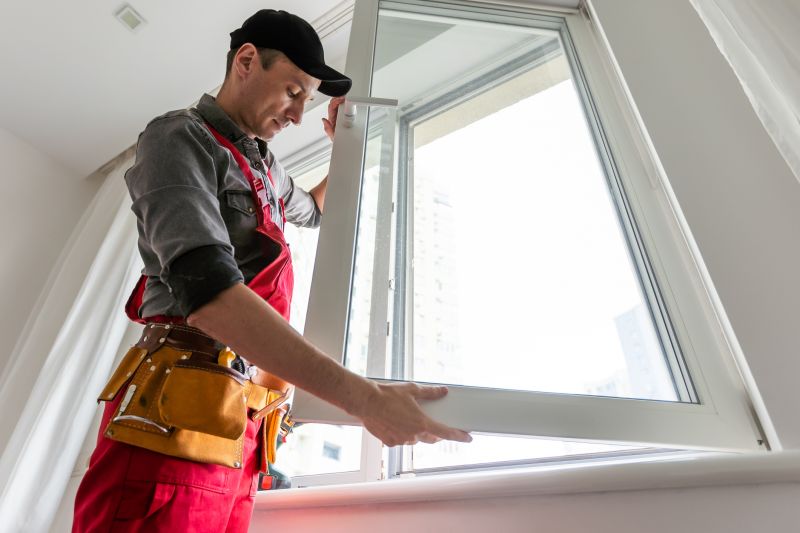
Lower-waste or water-saving choices for Windows Installations.
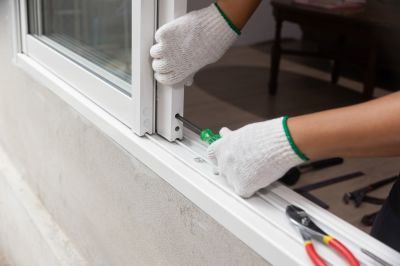
The short, realistic tool list for quality Windows Installations.

Rough timing from prep to clean-up for Windows Installations.

Quick checks and paperwork to keep after Windows Installations.
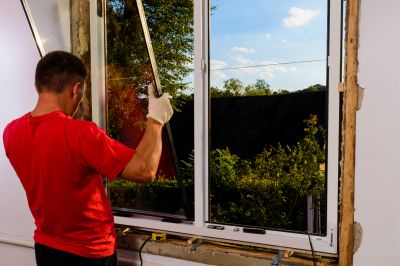
Examples that show the impact a good Windows Installations can make.
Interested in scheduling a Windows installation? Filling out the contact form provides an opportunity to plan effectively and ensure a smooth transition to the latest system updates.

